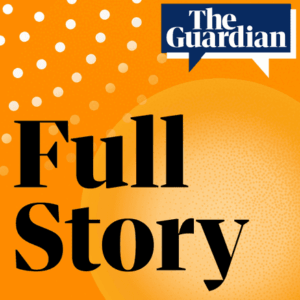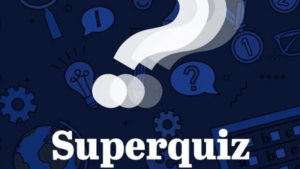
UPDATE: A shocking report from Monash University and Turning Point reveals a disturbing surge in GHB (gamma-hydroxybutyrate) use among young Australians, particularly in Victoria and Tasmania. The latest findings indicate a critical 67 percent increase in GHB-related ambulance calls from 2022 to 2023, raising alarms about the safety of party culture amid a worsening cost-of-living crisis.
In a startling revelation, Geelong has emerged as a significant hotspot, accounting for 31 percent of all GHB-related ambulance attendances. The number of call-outs in this region skyrocketed from just 20 incidents in 2018 to 200 in 2023. Meanwhile, Tasmania experienced a staggering 346 percent increase in GHB-related emergencies in the same period.
Dr. Rowan Ogeil, a strategic lead at Turning Point and researcher at Monash University, warns that even small amounts of GHB can lead to fatal overdoses. “The difference between the amount to reach the desired effect and an overdose can be very small,” he stated.
According to the report, the majority of those affected are young adults aged 25 to 34, with emergency service data indicating that individuals under 30 are particularly vulnerable. This troubling trend aligns with findings from Drinkwise, which shows that 65 percent of Gen Z want to drink less alcohol, with many opting for cheaper alternatives like GHB for their nightlife experiences.
As financial pressures mount, many young Australians are turning to party drugs, seeking relief from anxiety about the future. Kristie Tse, founder of Uncover Mental Health Counselling, highlighted the role of financial strain in this shift. “The desire to escape or cope with stress has been exacerbated by rising costs,” she explained.
In a parallel observation, Maria Rosey, founder of One Touch finance, noted that the normalization of substance use is prevalent among younger generations. “As money stress becomes more common, so does the acceptance of substances as coping mechanisms,” she said. The influence of social media is undeniable, with young people gaining access to information about safe drug use, which may ironically lead them to feel more secure in their choices.
Despite improved awareness, the increase in GHB-related emergencies signals a dire need for better harm-reduction services. Dr. Ogeil emphasized, “Rather than waiting for emergency situations, we need accessible harm-reduction services that can engage with people before harms escalate.”
As this crisis unfolds, mental health professionals urge families to seek support if they are concerned about substance use. Resources such as the Alcohol and Drug Support Line (24/7 support): (08) 9442 5000 or 1800 198 024 and Beyond Blue: 1300 22 4636 are available for immediate assistance.
This alarming trend in GHB use highlights a growing public health issue that cannot be overlooked. Urgent action is required to address the underlying conditions driving this crisis and to provide effective support for those in need.
Stay tuned for further updates as officials respond to this escalating situation.







